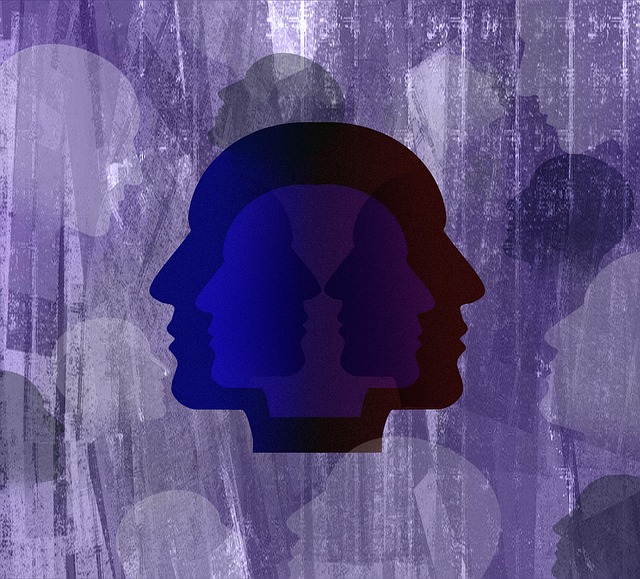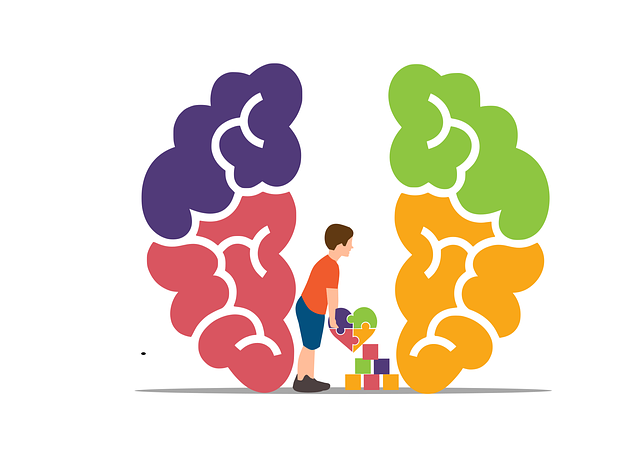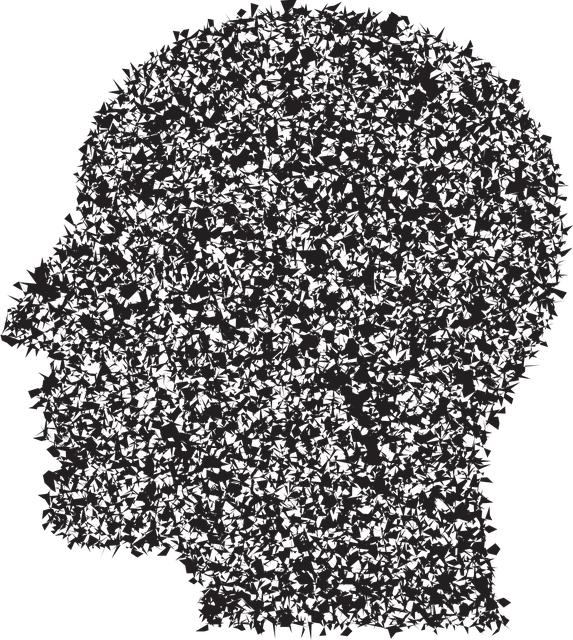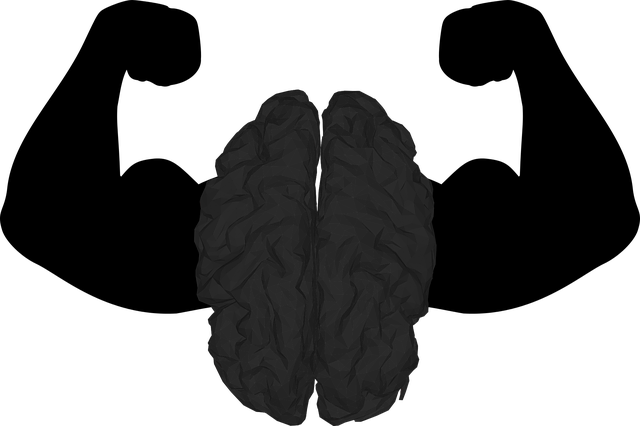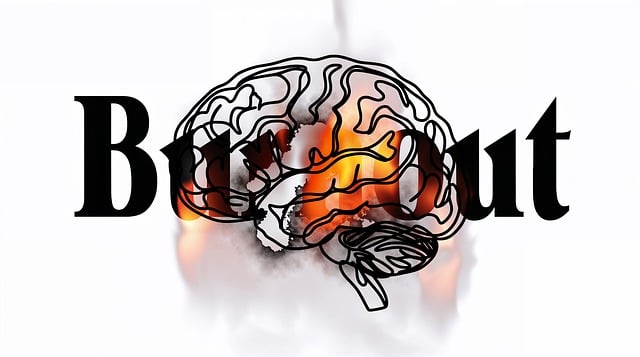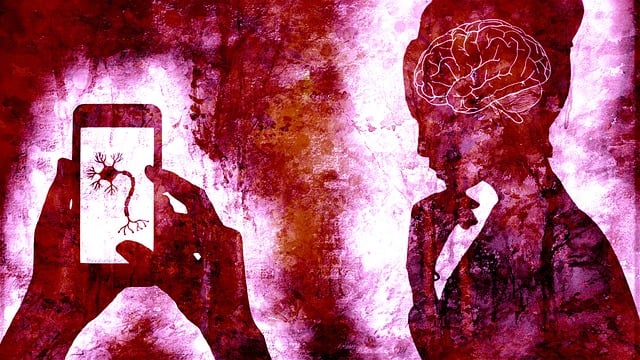Boulder Bipolar Disorder Therapy takes a multi-faceted approach to improve diagnosis accuracy and treatment outcomes. By combining Mind Over Matter principles, advanced diagnostic tools like AI, evidence-based practices, community outreach, and compassion cultivation, therapists empower individuals with tailored coping mechanisms. Early intervention through swift symptom identification and holistic therapy sessions enables personalized care, enhancing long-term patient well-being in Boulder's innovative mental health landscape.
Mental illness diagnosis accuracy has long been a subject of debate, with many seeking ways to enhance precision. This article explores various efforts aimed at improving diagnostic practices, focusing on Boulder Bipolar Disorder Therapy as a case study. We delve into advancements in therapy techniques, the integration of innovative technologies, and the critical role of early intervention and community education in navigating this complex landscape. By addressing these aspects, we hope to unveil misconceptions surrounding bipolar disorder and promote more effective diagnosis and support for those affected.
- Understanding Boulder Bipolar Disorder Therapy: Unveiling Misconceptions
- Enhancing Diagnostic Tools and Techniques for Mental Health Professionals
- Integrating Innovative Technologies in Mental Illness Diagnosis
- Role of Early Intervention and Continuous Support in Accurate Diagnosis
- Community Awareness and Education: Breaking Stigma Barriers
Understanding Boulder Bipolar Disorder Therapy: Unveiling Misconceptions

Boulder Bipolar Disorder Therapy aims to dispel myths and provide a nuanced understanding of this complex mental health condition. Often misunderstood, bipolar disorder is characterized by extreme mood swings, ranging from intense mania to deep depression. The therapy focuses on tailored strategies to manage symptoms, recognizing that each individual’s experience is unique. By integrating Mind Over Matter principles, therapists empower clients to challenge negative thought patterns and develop coping mechanisms.
Community outreach programs play a vital role in raising awareness, reducing stigma, and ensuring those affected seek help. Additionally, Healthcare Provider Cultural Competency Training is essential, fostering an environment where professionals can offer sensitive and effective care. These initiatives collectively contribute to improving diagnosis accuracy, enabling early intervention and better long-term outcomes for individuals navigating bipolar disorder.
Enhancing Diagnostic Tools and Techniques for Mental Health Professionals

Mental health professionals are continually striving to improve diagnosis accuracy, especially for complex conditions like bipolar disorder. This involves enhancing diagnostic tools and techniques, ensuring a comprehensive assessment process. By integrating advanced research findings into clinical practice, healthcare providers can make more precise diagnoses. For instance, incorporating the latest insights into mood management and burnout prevention strategies for healthcare providers can significantly aid in identifying subtle symptoms.
The field of Boulder Bipolar Disorder Therapy benefits from these advancements, offering more personalized treatment plans. Compassion cultivation practices have also proven effective in fostering a supportive environment, encouraging patients to openly discuss their experiences. These efforts not only improve diagnostic accuracy but also contribute to better patient outcomes and enhanced mental health services.
Integrating Innovative Technologies in Mental Illness Diagnosis

The integration of innovative technologies is a game-changer in the diagnosis and treatment of mental illnesses like bipolar disorder in Boulder. Advanced tools such as AI-powered assessment platforms can enhance the accuracy of initial evaluations, ensuring that patients receive timely and appropriate care. These technologies offer more objective measures, going beyond traditional reliance on patient self-reporting, which can be influenced by various factors. For instance, machine learning algorithms analyze vast data sets to identify subtle patterns indicative of specific mental health conditions.
By combining these technological advancements with evidence-based practices, such as confidence-boosting cognitive behavioral therapy and community outreach program implementations, the diagnostic process becomes more robust and nuanced. This comprehensive approach not only improves accuracy but also facilitates personalized emotional healing processes tailored to each patient’s unique needs.
Role of Early Intervention and Continuous Support in Accurate Diagnosis

Early intervention plays a pivotal role in enhancing the accuracy of mental illness diagnoses, particularly for conditions like bipolar disorder in Boulder. By identifying symptoms at their onset, professionals can conduct thorough assessments and rule out other potential disorders. This initial step is crucial as it paves the way for continuous support and tailored treatment plans. For individuals struggling with bipolar disorder, early intervention can mean the difference between managing a severe episode and preventing future complications.
Continuous support systems are essential to refining diagnosis accuracy over time. Regular therapy sessions, such as those offering Social Skills Training, coupled with ongoing monitoring of symptoms, allow healthcare providers to gain deeper insights into an individual’s mental health journey. Promoting emotional well-being through various techniques can also aid in early detection and accurate diagnosis by encouraging open communication about subtle changes in mood and behavior. This holistic approach ensures that the treatment plan remains adaptable and responsive to the evolving needs of those with bipolar disorder, enhancing overall management and recovery outcomes.
Community Awareness and Education: Breaking Stigma Barriers

Mental Health Awareness plays a pivotal role in improving diagnosis accuracy for conditions like bipolar disorder. By fostering open conversations and providing education, communities can dispel myths and reduce stigma associated with mental illness. This shift is crucial as it encourages individuals to seek help without fear of judgment or embarrassment. For instance, initiatives in Boulder Bipolar Disorder Therapy have shown promise through community workshops that educate people about the symptoms and unique challenges of bipolar disorder.
These efforts are essential for burnout prevention strategies among healthcare providers. When communities are better informed, they can offer more empathetic support to those dealing with mental health issues. This, in turn, enhances the accuracy of diagnoses as professionals are met with a more understanding environment where patients feel safe to disclose their experiences and symptoms honestly.
Mental illness diagnosis accuracy has seen significant advancements through enhanced therapeutic approaches like Boulder Bipolar Disorder Therapy, improved diagnostic tools, innovative technologies, early intervention strategies, and increased community awareness. By addressing misconceptions, educating the public, and utilizing modern techniques, healthcare professionals can ensure more precise diagnoses and effective treatment plans for individuals navigating mental health challenges. These collective efforts are crucial in breaking down stigma barriers and fostering a more supportive society.




